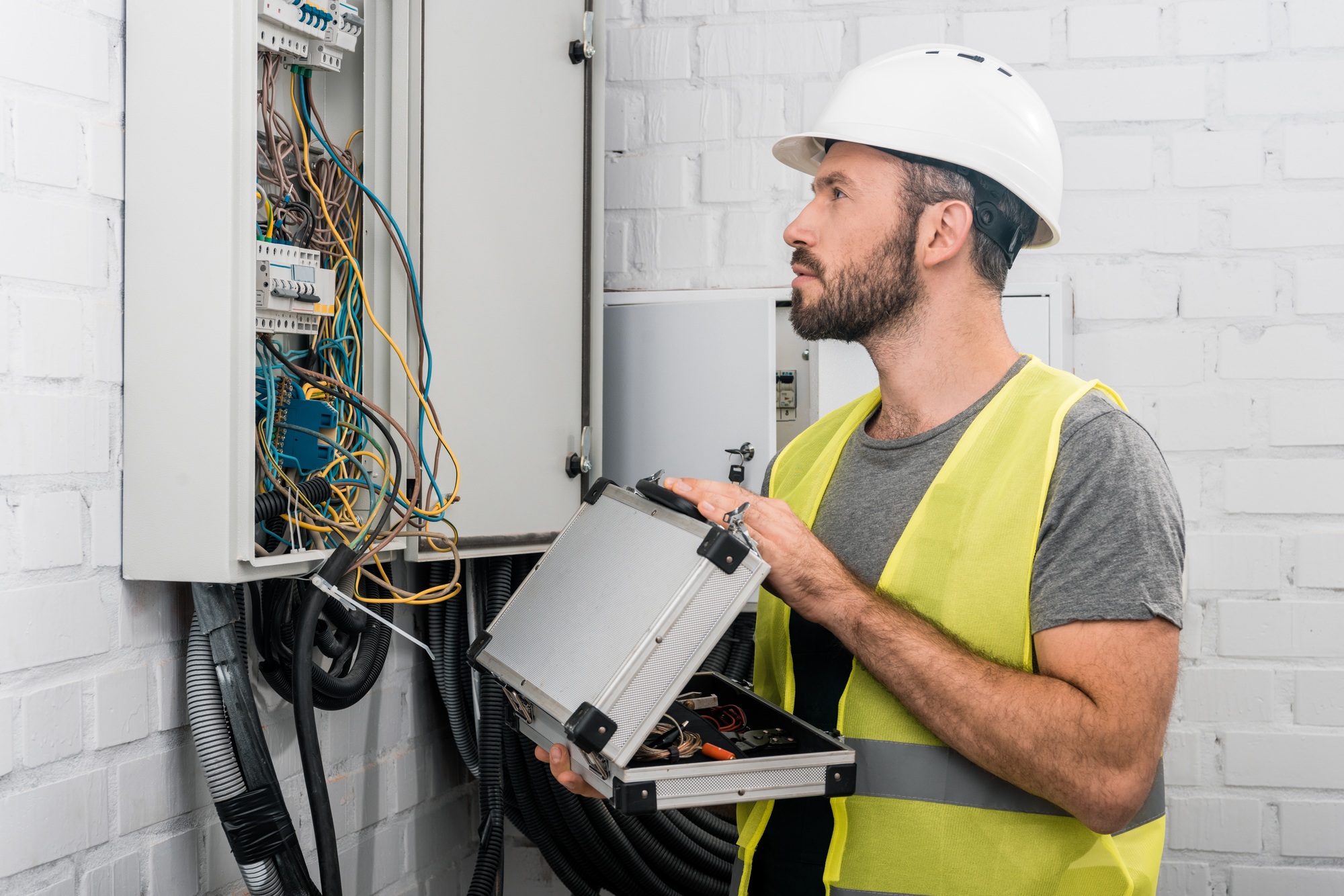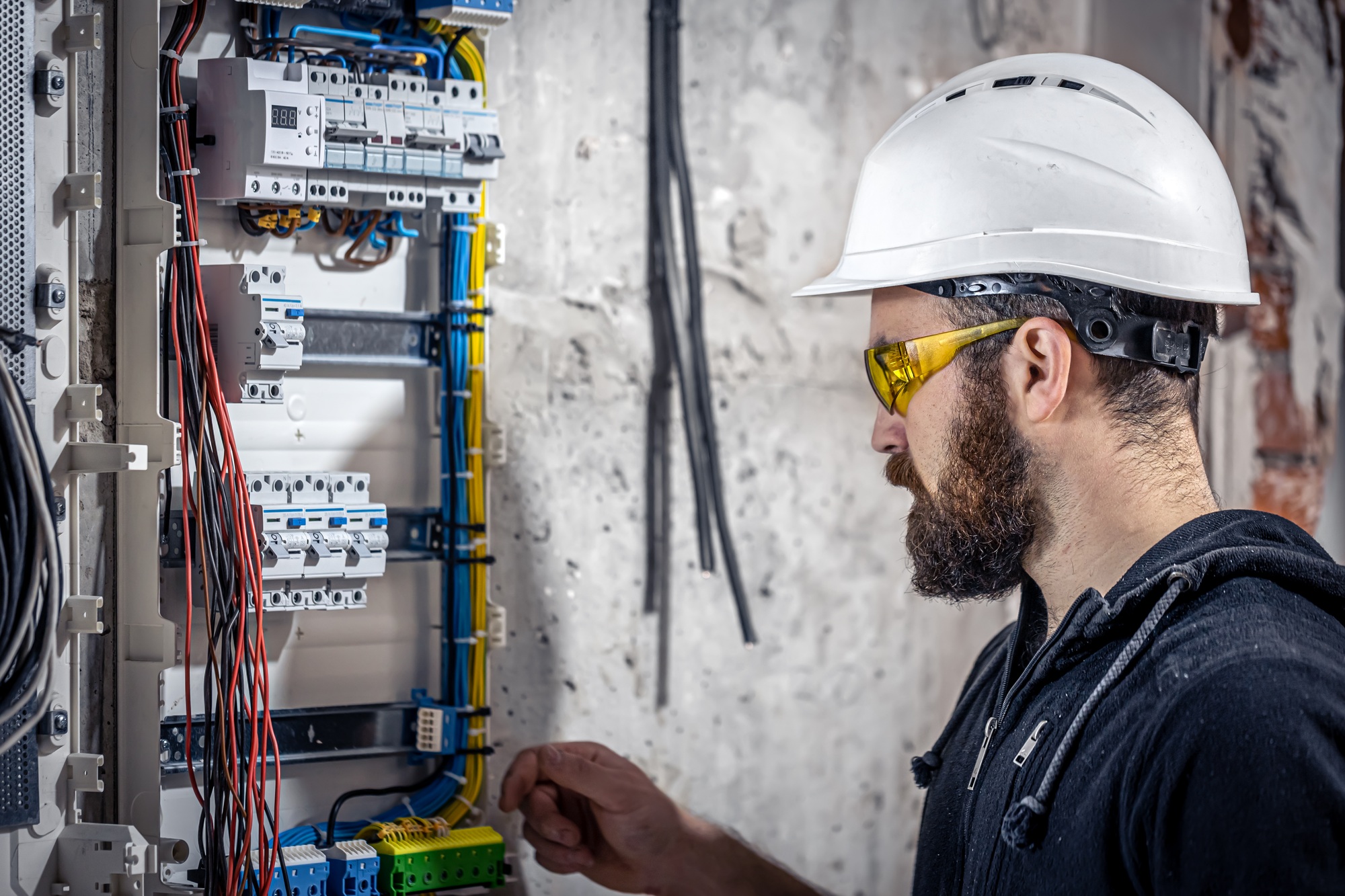The electric vehicle revolution has reached Vancouver’s condo buildings, and strata councils across the city are grappling with a new reality: residents want EV charging stations, and they want them now. As property managers and council members, you’re likely facing mounting pressure to provide this modern amenity while navigating complex approval processes, budget constraints, and technical challenges.
This comprehensive guide will walk you through everything you need to know about implementing strata EV charging solutions in Vancouver condos. From securing board approval to maximizing available rebates, we’ll cover the essential steps that ensure your EV charging project succeeds without breaking the bank or disrupting your residents.
Whether you’re dealing with your first EV charging request or planning a building-wide installation, this guide provides the practical insights you need to make informed decisions and deliver results that satisfy both your budget and your residents’ expectations.

Understanding the Growing Demand for Condo EV Charging
Electric vehicle adoption in British Columbia has accelerated dramatically, with EV sales representing over 20% of new vehicle purchases in the province. Vancouver leads this trend, making EV charging infrastructure a critical amenity for maintaining property values and attracting quality tenants.
The demand extends beyond current EV owners. Prospective buyers and renters increasingly view EV charging availability as a deciding factor when choosing where to live. Buildings without charging infrastructure risk falling behind in Vancouver’s competitive real estate market.
Provincial regulations also support this shift. The BC Energy Step Code and CleanBC initiatives create additional incentives for buildings to adopt sustainable transportation solutions. Strata councils that act proactively position their buildings to benefit from these evolving standards while meeting residents’ immediate needs.
Navigating the Condo Board Approval Process
Securing approval for EV charging installations requires careful planning and clear communication with your strata council. The approval process typically involves several key considerations that successful projects address systematically.
Legal and Bylaw Requirements
Start by reviewing your existing strata bylaws to identify any provisions that might affect EV charging installations. Many buildings need bylaw amendments to establish clear guidelines for charging station use, cost allocation, and maintenance responsibilities.
Effective bylaws address common concerns such as visitor access, payment systems, and usage restrictions. They also establish procedures for future expansion and maintenance, preventing disputes down the road. Consider working with legal counsel experienced in strata law to ensure your bylaws comply with current regulations.
Electrical Load Assessment
Before any installation begins, conduct a professional electrical load assessment to determine your building’s capacity for additional charging infrastructure. This assessment identifies potential electrical system upgrades needed to support EV charging without compromising building operations.
The assessment should evaluate both current electrical usage patterns and future expansion possibilities. Buildings with older electrical systems may require panel upgrades or additional circuits, which affects both timeline and budget considerations.
Resident Communication and Engagement
Successful EV charging projects maintain transparent communication with residents throughout the approval process. Hold information sessions to address concerns, explain benefits, and gather input on preferred locations and charging configurations.
Address common concerns proactively, such as fair access policies, potential increases in strata fees, and installation disruption. Residents who understand the project’s benefits and logistics are more likely to support the initiative.
Budgeting for Level-2 EV Charging Stations
Understanding the full cost structure of EV charging installations helps strata councils make informed budget decisions and avoid unexpected expenses. The total investment varies significantly based on building characteristics, chosen equipment, and installation complexity.
Equipment Costs
Level-2 EV charging stations suitable for multi-family buildings typically range from $800 to $2,500 per unit, depending on features and capacity. Smart charging systems with load management capabilities cost more initially but offer significant long-term benefits by maximizing the number of vehicles that can charge simultaneously.
Consider features such as payment processing, user authentication, and remote monitoring when evaluating equipment options. These features add upfront costs but simplify ongoing management and cost recovery.
Installation and Infrastructure Costs
Installation costs vary widely based on electrical system requirements and charging station locations. Simple installations in buildings with adequate electrical capacity might cost $1,500 to $3,000 per station, while complex projects requiring panel upgrades or extensive wiring can exceed $5,000 per station.
Factor in potential infrastructure improvements such as electrical panel upgrades, additional circuits, and parking area modifications. Buildings with underground parking may face higher installation costs due to concrete work and cable routing challenges.
Ongoing Operational Costs
Budget for ongoing expenses including electricity costs, maintenance, network fees, and potential repairs. Smart charging systems typically include monthly network fees of $10 to $30 per station, but these costs are often offset by user fees and improved system management.
Consider implementing cost recovery mechanisms such as user fees or special assessments for EV owners. Many buildings find that charging fees can cover operational costs while keeping overall impact on strata fees minimal.
Maximizing Rebates and Incentive Programs
Vancouver strata councils can significantly reduce EV charging project costs by taking advantage of available rebate programs and incentives. Strategic rebate stacking often reduces total project costs by 30% to 50%.
Provincial and Federal Incentives
BC Hydro’s EV charging rebate program offers up to $2,000 per Level-2 charging station for multi-family residential buildings. Natural Resources Canada’s Zero Emission Vehicle Infrastructure Program provides additional federal funding for qualifying projects.
These programs have specific eligibility requirements and application deadlines. Work with certified electrical contractors familiar with rebate programs to ensure your project meets all requirements and maximizes available funding.
Utility Programs and Local Incentives
Many Vancouver-area utilities offer additional incentive programs for EV charging installations. These programs may include reduced electricity rates, installation rebates, or equipment discounts that further improve project economics.
Local municipalities sometimes offer additional incentives as part of climate action initiatives. Research available programs early in your planning process to ensure you don’t miss application deadlines or qualification requirements.
Installation Best Practices for Strata Buildings
Successful EV charging installations require careful planning, qualified contractors, and attention to building-specific challenges. Following established best practices minimizes disruption and ensures reliable long-term operation.
Selecting Qualified Electrical Contractors
Choose electrical contractors with specific experience in multi-family EV charging installations. Look for certifications from equipment manufacturers and familiarity with local permitting requirements and rebate programs.
Qualified contractors should provide comprehensive assessments including electrical load analysis, equipment recommendations, and detailed project timelines. They should also handle permit applications and utility coordination to streamline the installation process.
Phased Installation Approaches
Many successful strata EV charging projects use phased installation approaches that spread costs over time while meeting immediate resident needs. Start with installations in high-demand areas, then expand based on usage patterns and additional resident requests.
Phased approaches allow buildings to learn from initial installations and refine processes for subsequent phases. They also help manage cash flow and minimize disruption to building operations.
Smart Charging and Load Management
Implement smart charging systems that dynamically manage electrical loads to maximize the number of vehicles that can charge simultaneously. These systems prevent electrical overloads while optimizing charging speeds based on available capacity.
Load management becomes increasingly important as more residents adopt EVs. Smart systems future-proof installations by accommodating growth without requiring expensive electrical infrastructure upgrades.
Real-World Success Stories from Vancouver Condos
Learning from successful EV charging installations helps strata councils avoid common pitfalls and implement proven strategies. These case studies demonstrate different approaches to common challenges.
The Harbourfront Towers Project
This 200-unit downtown Vancouver condo successfully installed 15 Level-2 chargers using a phased approach over 18 months. The strata council started with five chargers in the most convenient parking locations, then expanded based on resident demand and usage data.
The project utilized smart charging technology to maximize electrical capacity and implemented a user fee structure that covered operational costs. Total project cost was reduced by 40% through strategic use of BC Hydro rebates and federal incentive programs.
Riverside Gardens Smart Charging Implementation
This 150-unit building in Richmond implemented a comprehensive smart charging system that dynamically adjusts power to accommodate up to 20 vehicles without overloading the building’s electrical capacity. The system prioritizes charging based on departure times and vehicle requirements.
The installation included load management software that prevents electrical overloads during peak usage periods. This approach allowed the building to install more charging stations than would be possible with traditional fixed-power installations.
Westwood Commons Rebate Optimization
Working with SJ Electrical, this 180-unit strata maximized available rebate programs to reduce project costs by over 50%. The comprehensive approach included BC Hydro rebates, federal incentives, and utility programs that significantly improved project economics.
The project also included development of a comprehensive EV charging bylaw template that addressed resident concerns about access, costs, and maintenance responsibilities. This proactive approach prevented conflicts and streamlined ongoing operations.
Mountain View Estates Comprehensive Policy Implementation
This building developed detailed EV charging policies before beginning installation, addressing common concerns about fair access, cost allocation, and future expansion. The comprehensive bylaw framework provided clarity for residents and simplified decision-making for the strata council.
The policy included provisions for visitor charging, maintenance responsibilities, and procedures for adding additional charging stations as demand grows. This forward-thinking approach prevented disputes and created a framework for successful long-term operations.
Taking Action: Your Next Steps
Implementing EV charging in your Vancouver strata building doesn’t have to be overwhelming. Success comes from taking a systematic approach that addresses technical requirements, financial considerations, and resident needs.
Start by conducting an electrical load assessment (EV ready plan) to understand your building’s capacity and infrastructure requirements. This foundational step informs all subsequent decisions about equipment selection, installation approach, and budget planning.
Engage with qualified electrical contractors early in the process to benefit from their experience with similar projects. The right contractor helps navigate rebate programs, permitting requirements, and technical challenges while ensuring installations meet safety standards and building codes.
Consider developing comprehensive EV charging policies before installation begins. Clear bylaws prevent conflicts and establish frameworks for ongoing operations, maintenance, and future expansion.
Most importantly, don’t let the complexity of EV charging installations delay action. Residents’ expectations continue to grow, and early adopters benefit from maximum rebate availability and competitive contractor pricing.
Ready to move forward with your strata EV charging project? Contact SJ Electrical for a free consultation on EV charging solutions tailored to your building’s specific needs. Our certified experts can help you navigate the entire process from initial assessment to final installation, ensuring your project succeeds while maximizing available incentives and minimizing disruption to residents.




